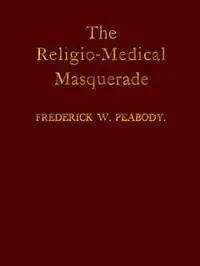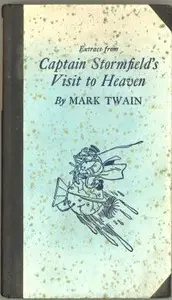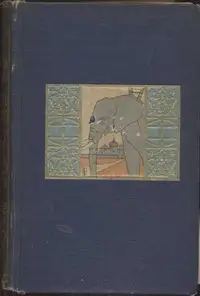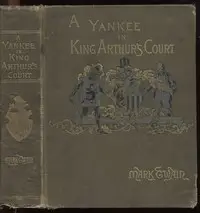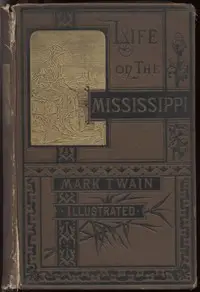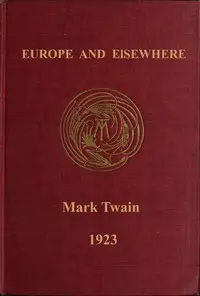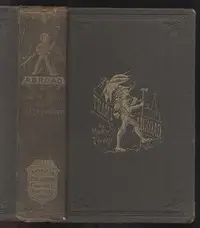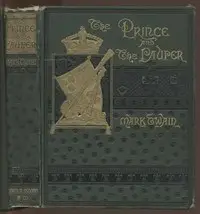"Christian Science" by Mark Twain is a humorous critique of the Christian Science religion in the early 1900s. The book humorously examines the ideas and activities of Christian Science and its leader, Mary Baker Eddy. With amusing stories of his own experiences with Christian Science's healing methods, Twain shows how its principles can seem ridiculous, especially when dealing with actual physical problems like injuries. Through comical stories and analysis, Twain questions the idea that pain and sickness are just thoughts, challenging what it means for health and how we see the world.
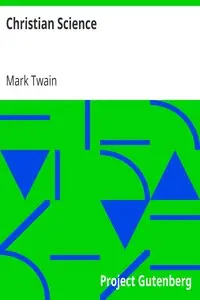
Christian Science
By Mark Twain
Follow one man's uproarious journey as he tumbles off a cliff and tangles with a religion that insists his injuries are all in his head.
Summary
About the AuthorSamuel Langhorne Clemens, known by the pen name Mark Twain, was an American writer, humorist, and essayist. He was praised as the "greatest humorist the United States has produced," with William Faulkner calling him "the father of American literature." Twain's novels include The Adventures of Tom Sawyer (1876) and its sequel, Adventures of Huckleberry Finn (1884), with the latter often called the "Great American Novel." He also wrote A Connecticut Yankee in King Arthur's Court (1889) and Pudd'nhead Wilson (1894) and cowrote The Gilded Age: A Tale of Today (1873) with Charles Dudley Warner.
Samuel Langhorne Clemens, known by the pen name Mark Twain, was an American writer, humorist, and essayist. He was praised as the "greatest humorist the United States has produced," with William Faulkner calling him "the father of American literature." Twain's novels include The Adventures of Tom Sawyer (1876) and its sequel, Adventures of Huckleberry Finn (1884), with the latter often called the "Great American Novel." He also wrote A Connecticut Yankee in King Arthur's Court (1889) and Pudd'nhead Wilson (1894) and cowrote The Gilded Age: A Tale of Today (1873) with Charles Dudley Warner.


